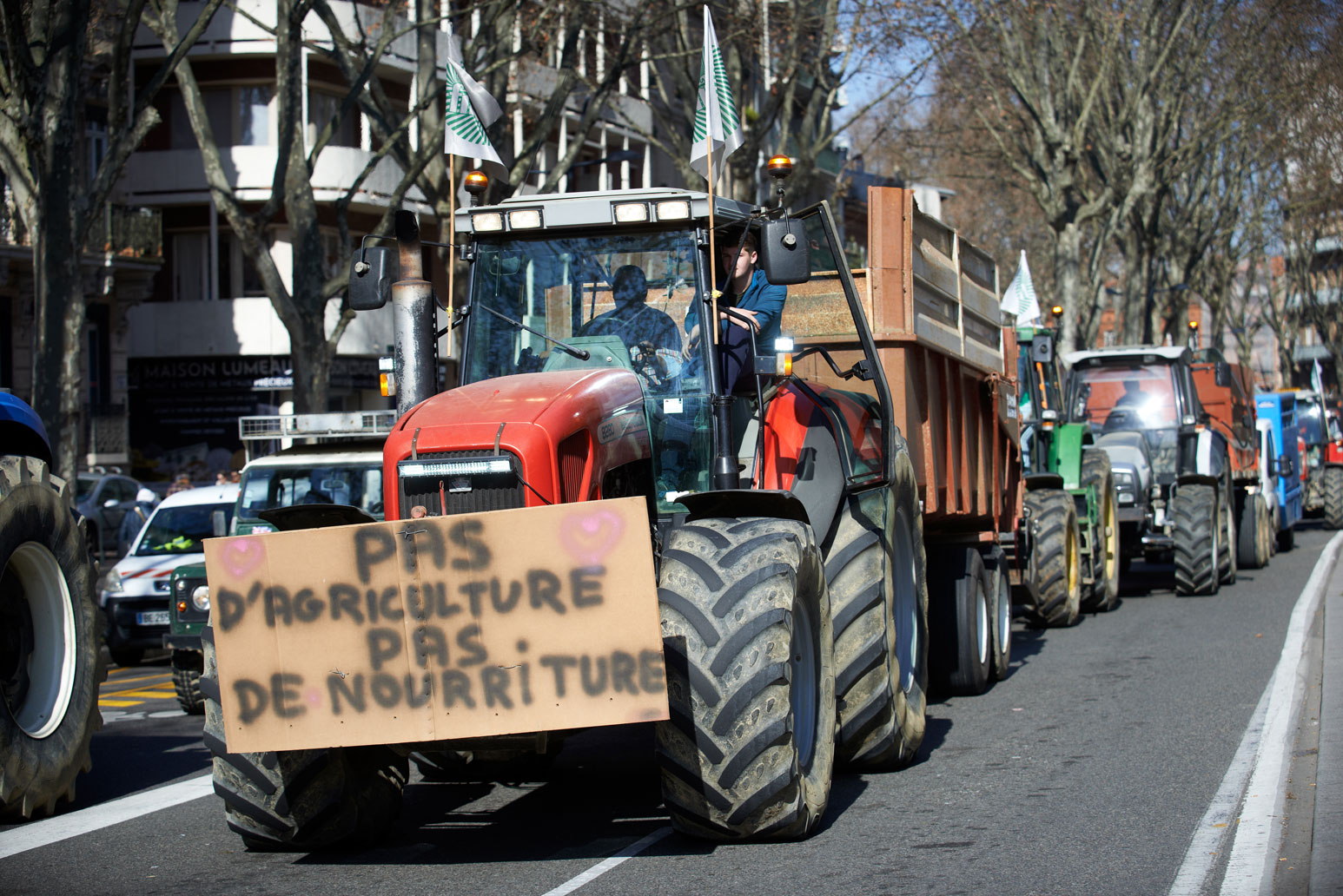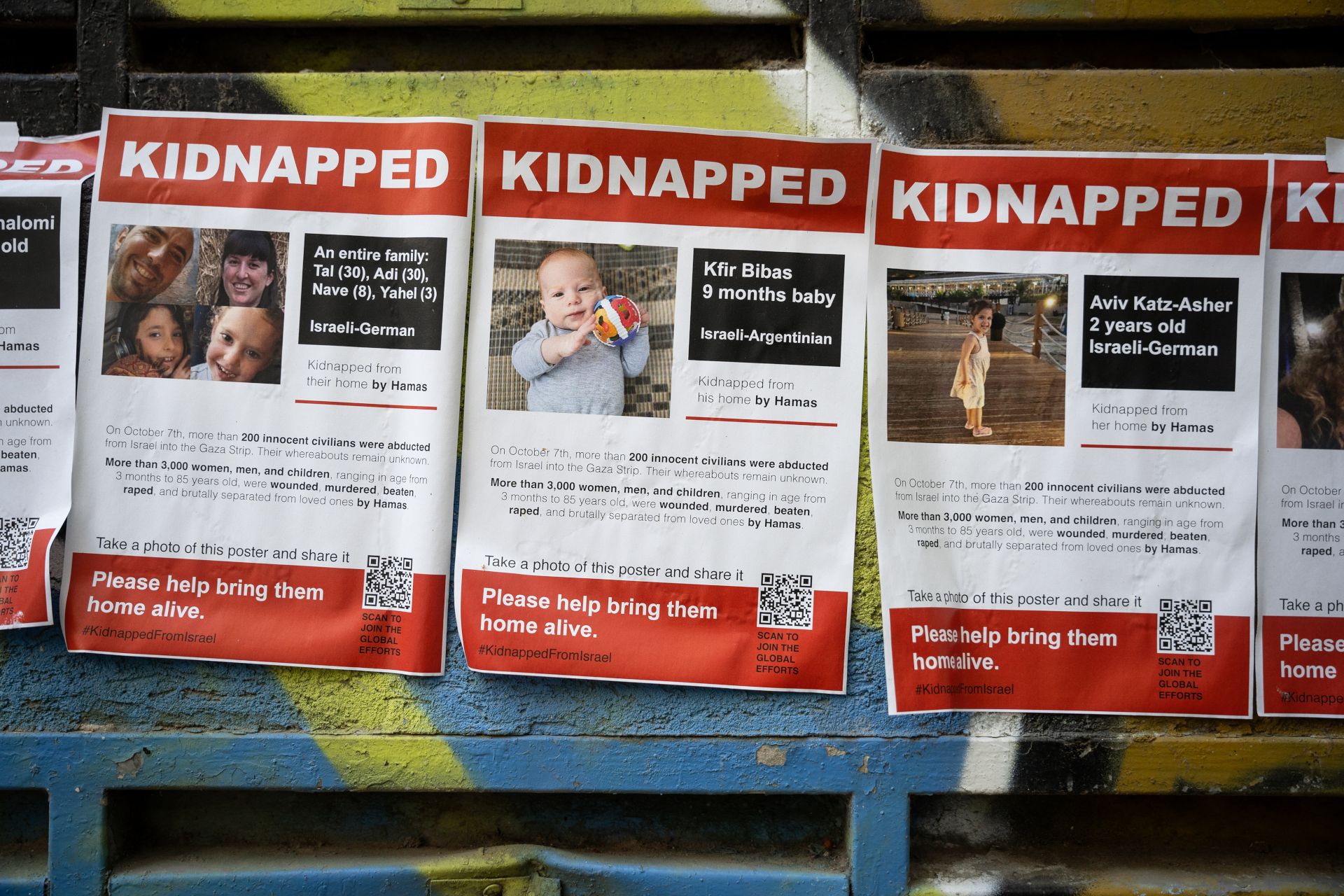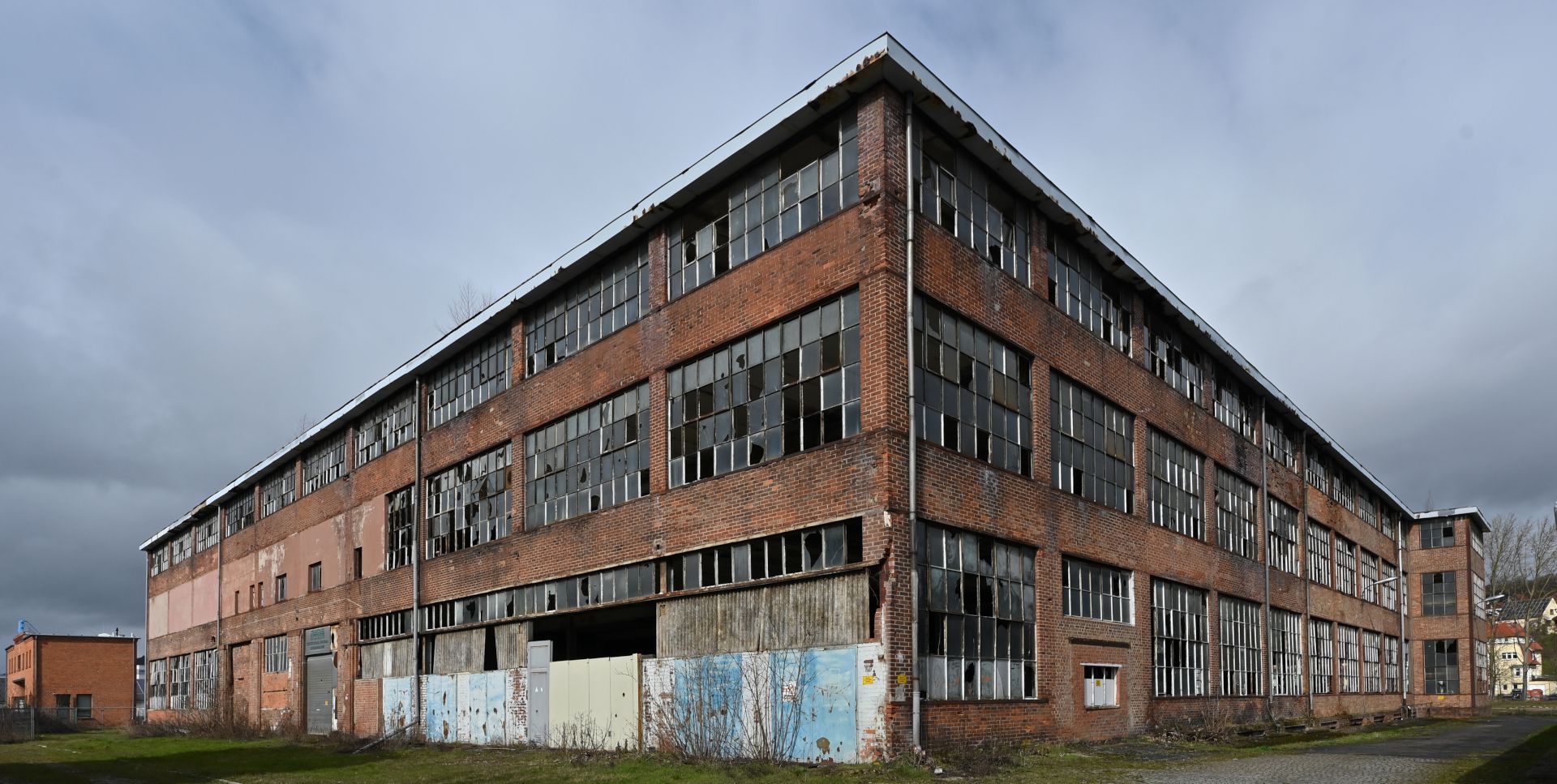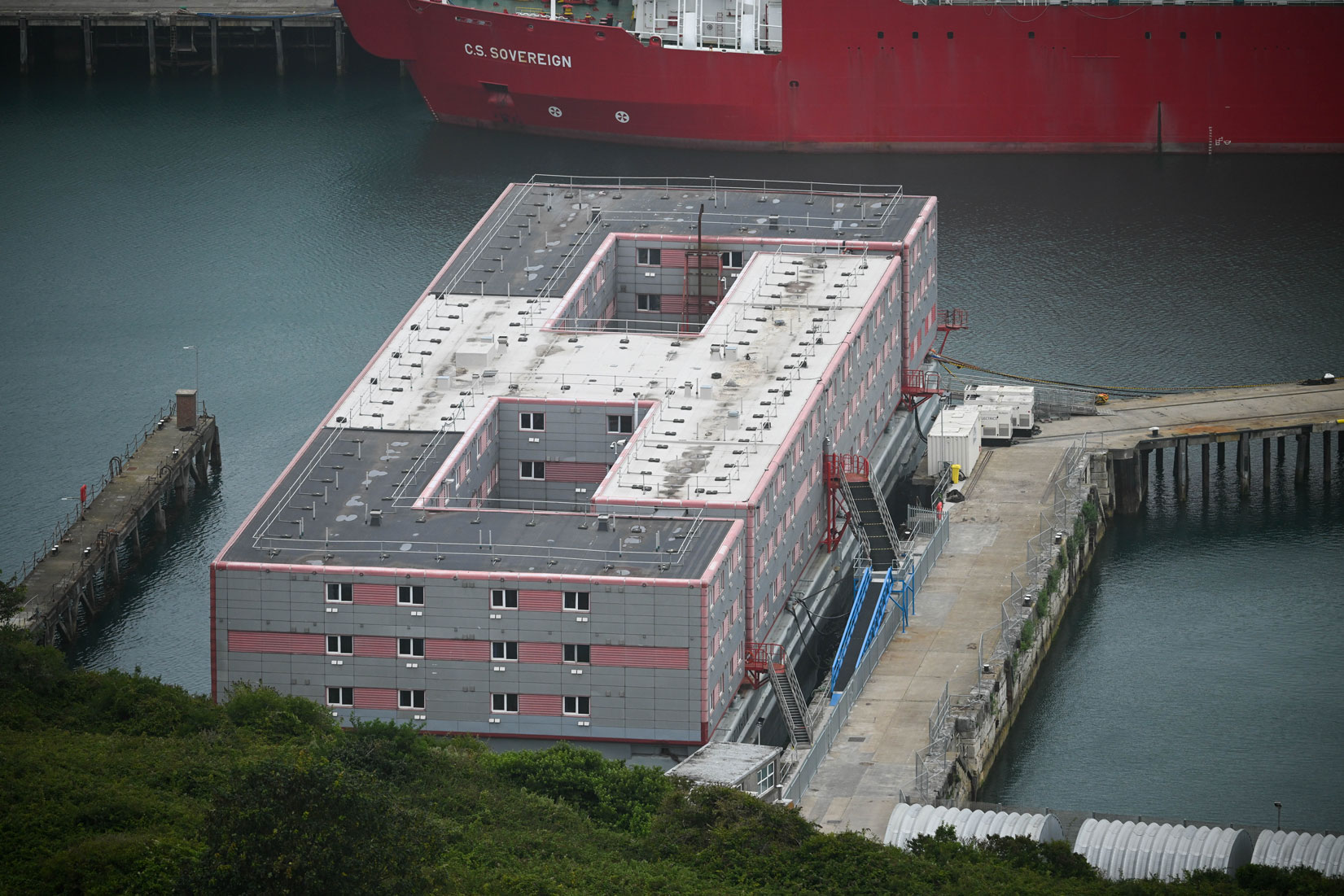
Latest from Anchal Vohra

Fear of the Far Right Torpedoes EU Environmental Policies
Faced with angry demonstrations from farmers who say EU environmental policies are destroying their ability to make a living, Brussels canceled a plan to reduce agricultural emissions significantly by 2040. The reason: farmers are lending their influence to far-right politicians like Geert Wilders, whose party won the most seats in the last Dutch election.

The Gaza War’s Traumatized Children
The impact of the intractable conflict on Israeli and Palestinian children was severe even before the Oct. 7 attack and Israel’s military response, but according to child psychologists, the current conflict has intensified their trauma and left indelible scars.

In the Eyes of Many Israelis, Hamas’ Attack Vindicated the Far Right
Many Israelis seem increasingly receptive to the views of far-right politicians like Itamar Ben-Gvir. This shift could have serious implications for the future of Israel and Palestine.

The Unkept Promise of German Unification
Amid the renovated and repurposed villas that once belonged to the owners of the bell foundries and textile mills that once made Apolda a manufacturing hub were decrepit homes too that lay in ruins, and abandoned factories. They told a different story — one of a long Soviet occupation and what many here call the unfulfilled promise of Germany’s reunification.

The Right’s Resurgence in Eastern Germany
There are many reasons for the growing popularity of Germany's far right. According to polling, two-thirds of AfD voters are drawn to the party because they are unhappy with the others, not because of ideological reasons. The party also appeals to those in eastern Germany who are opposed to immigrants — at times angry over state expenses on refugees but mostly, experts believe, because there is no interaction between the residents and the new arrivals.

The Roots of Anger at Britain’s Migrant Barge
But many residents of Portland don’t see it as a national saving but rather an imposition on a small town of 13,500. They complained that London chose to dock the barge on their shores because they were too far away as well as too small and too economically weak for their voices to be heard in the capital. There have been protests against the barge and counter protests against these protests. The opposition to asylum seekers here is emblematic of the larger opposition they face elsewhere in the U.K. and in Europe but with its particular set of local grievances that have contributed to an anti-refugee sentiment.

